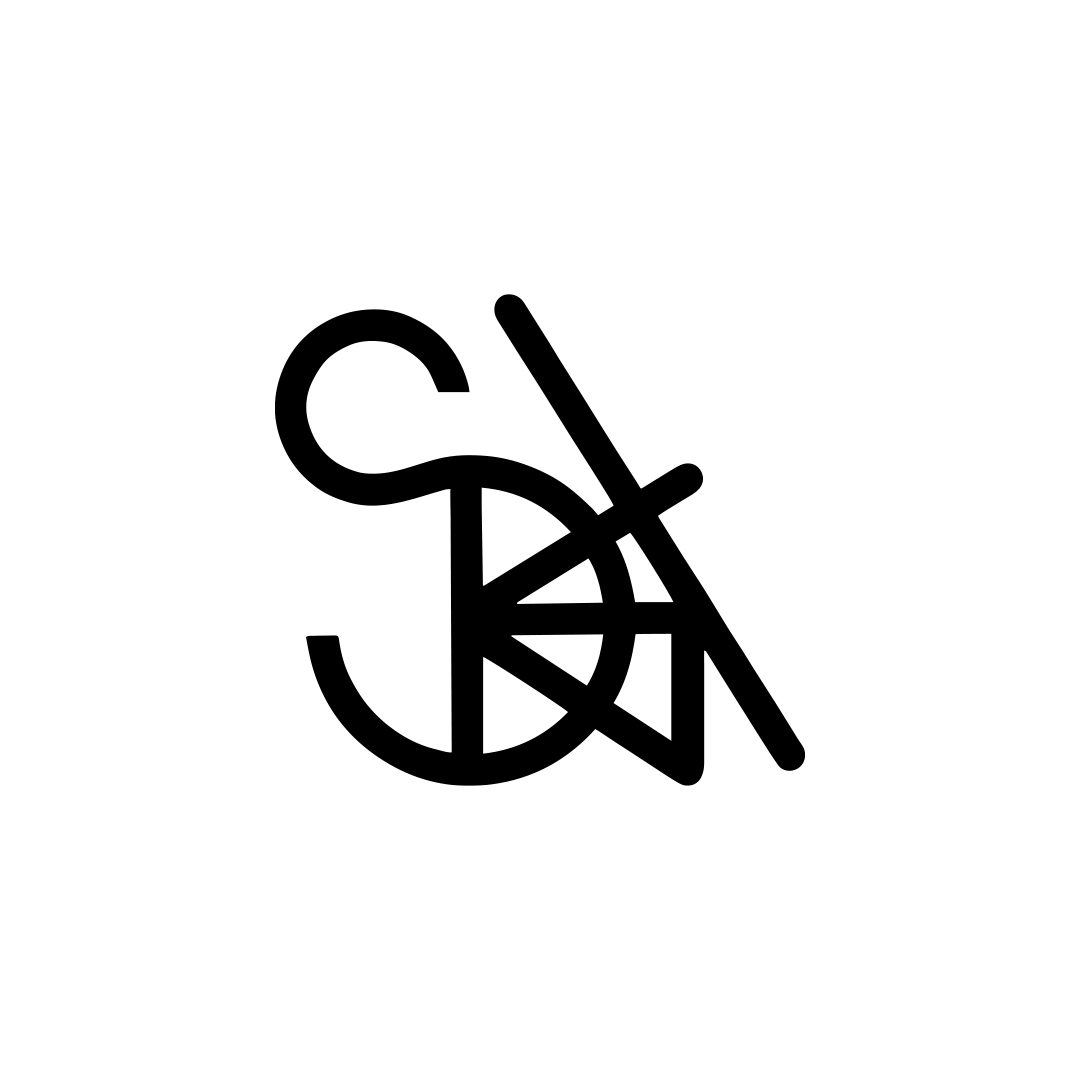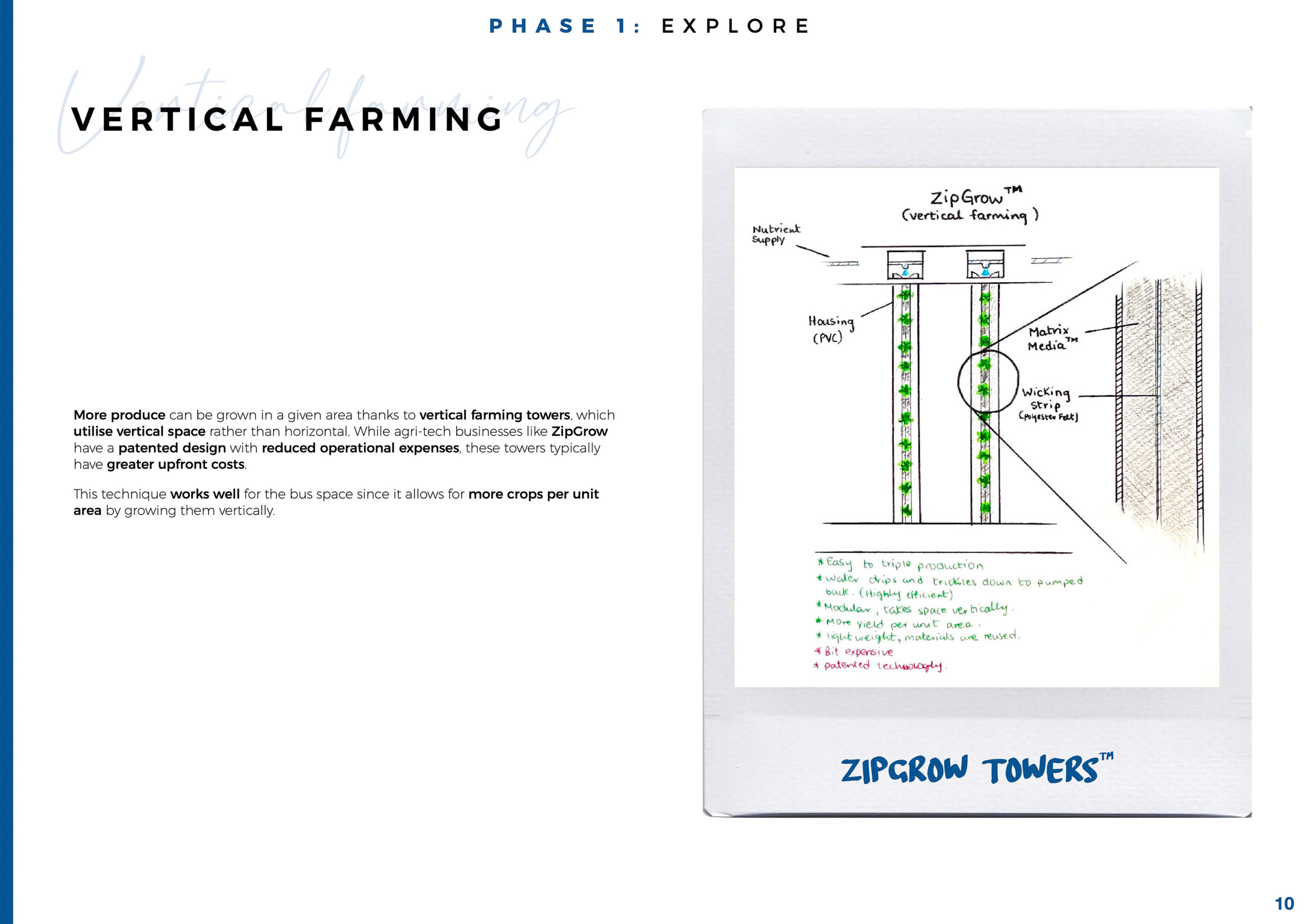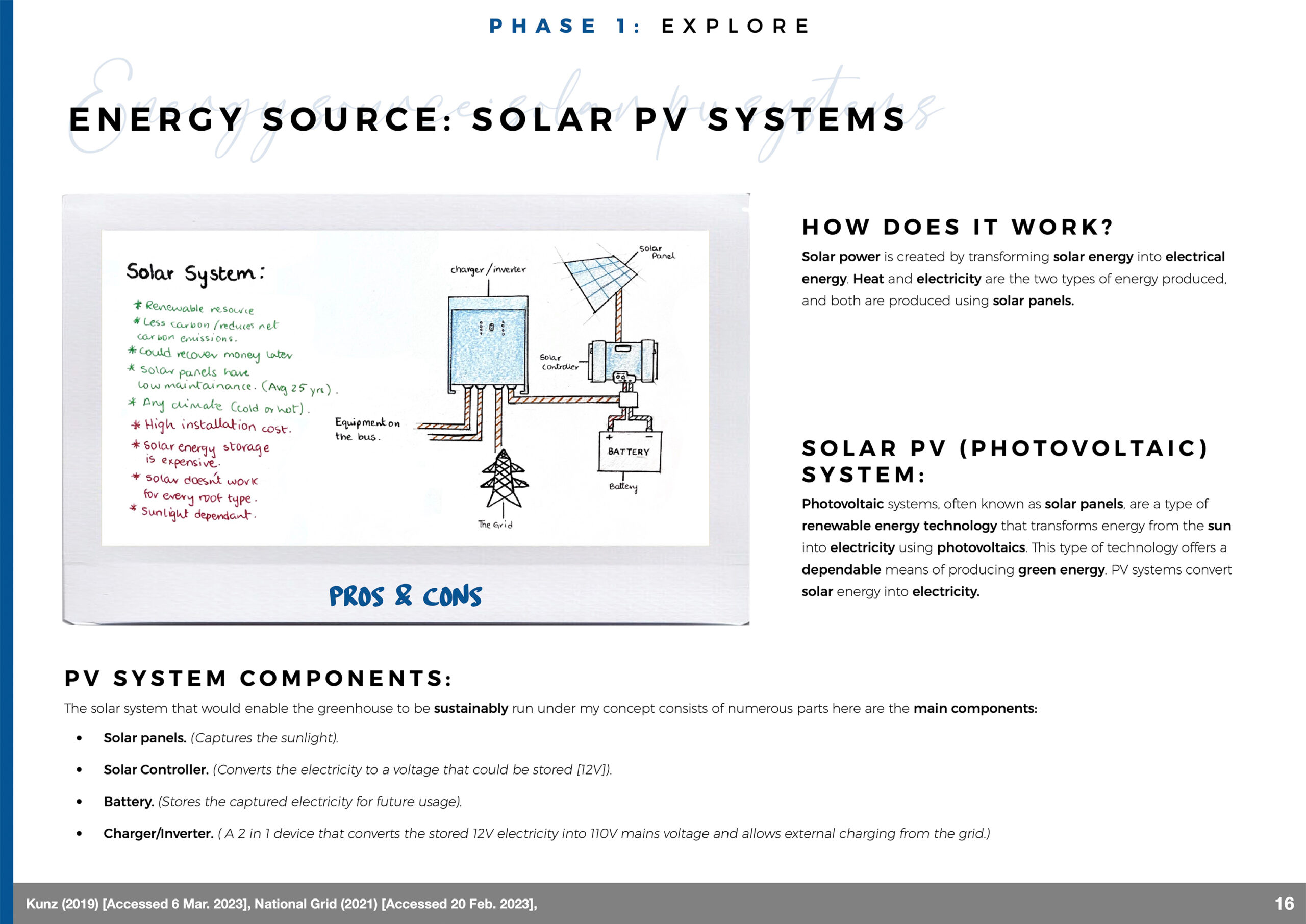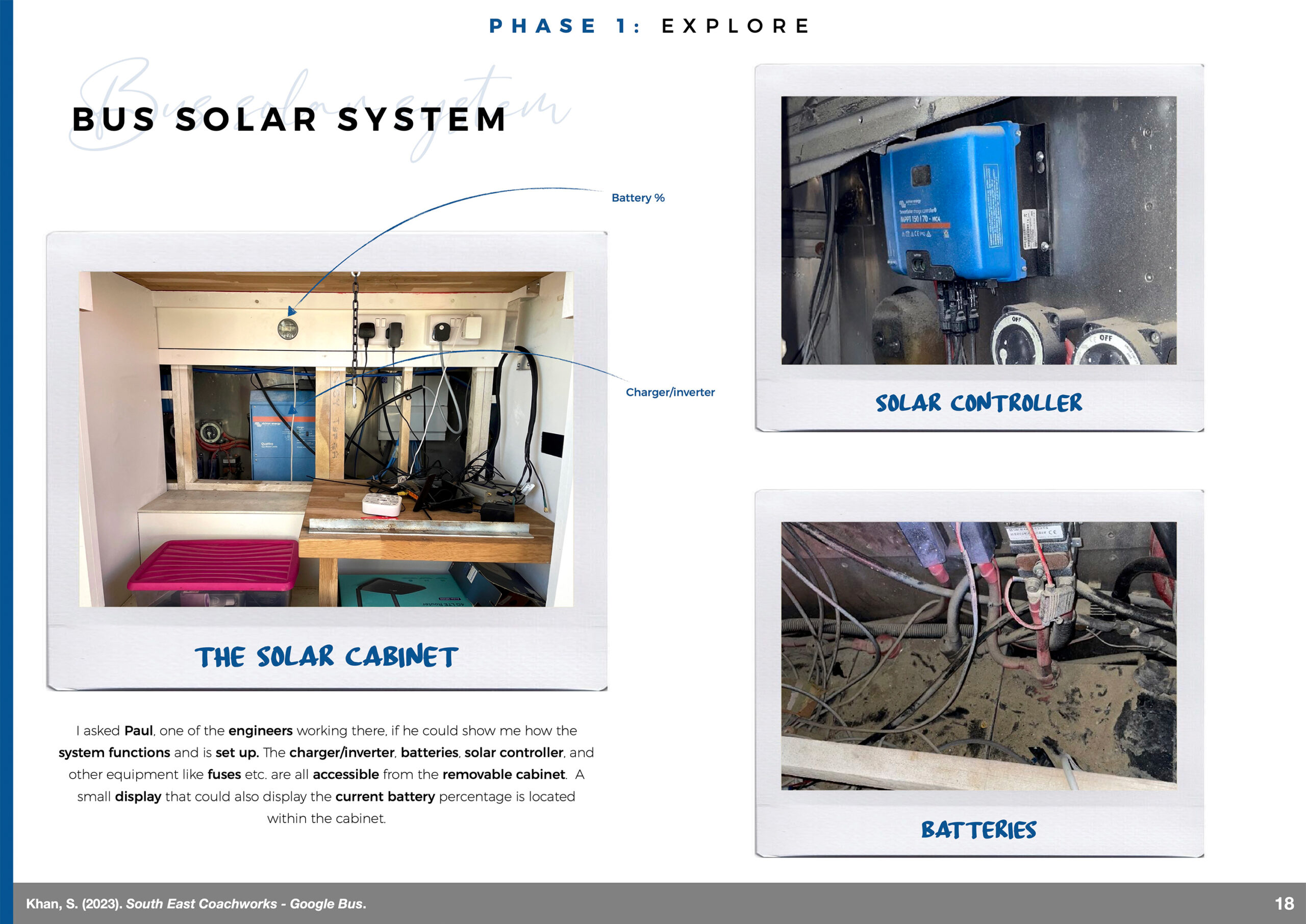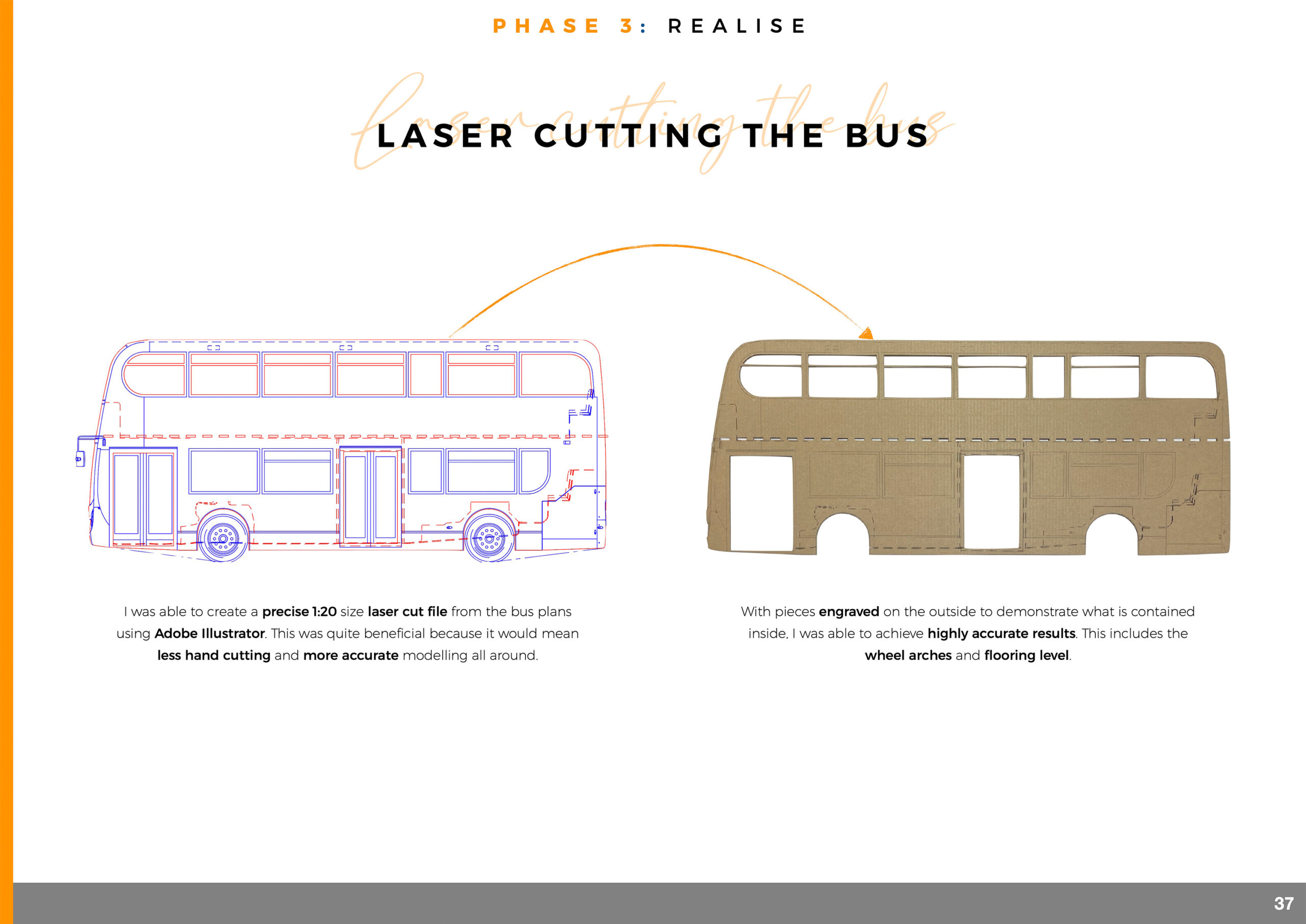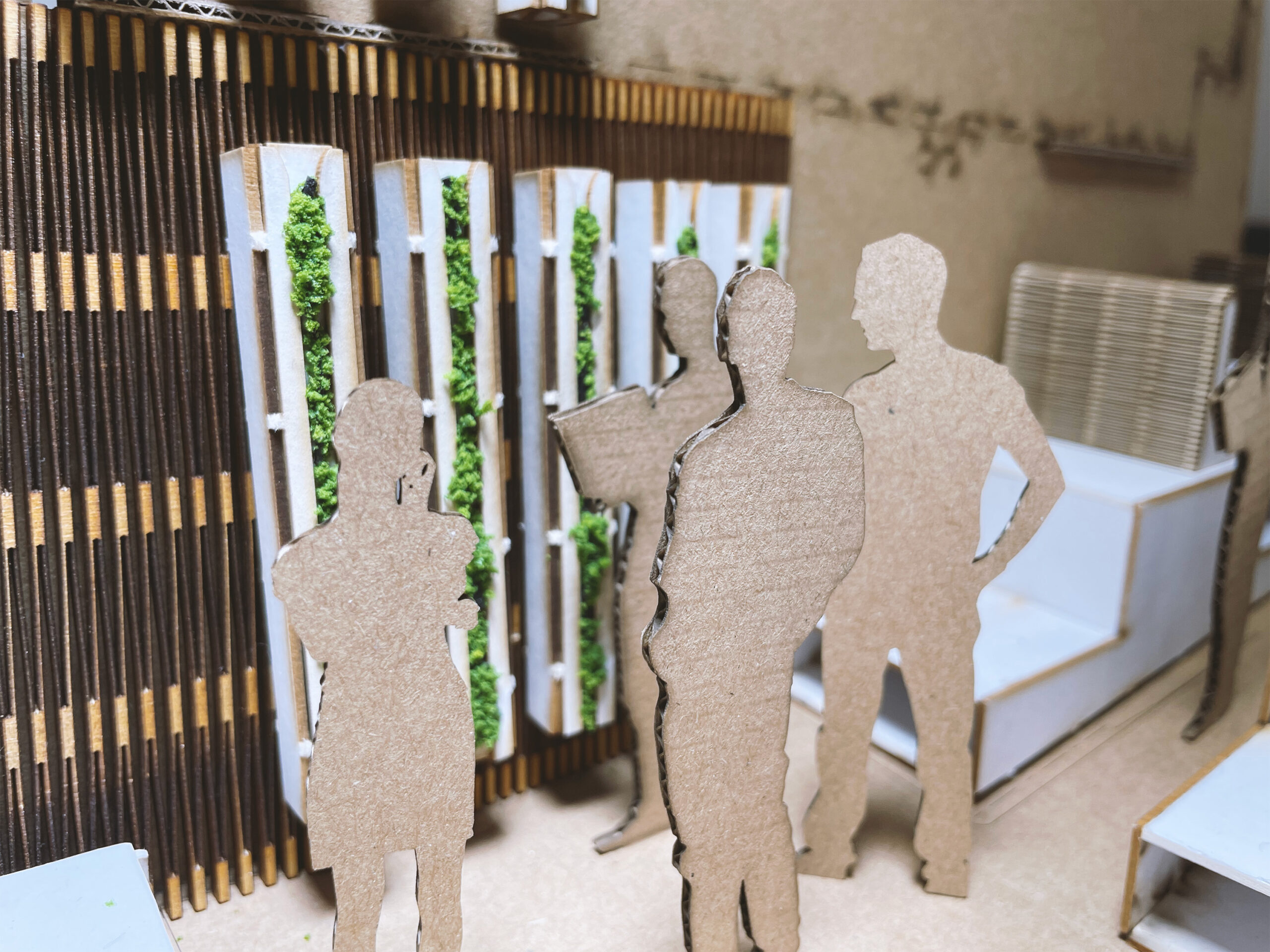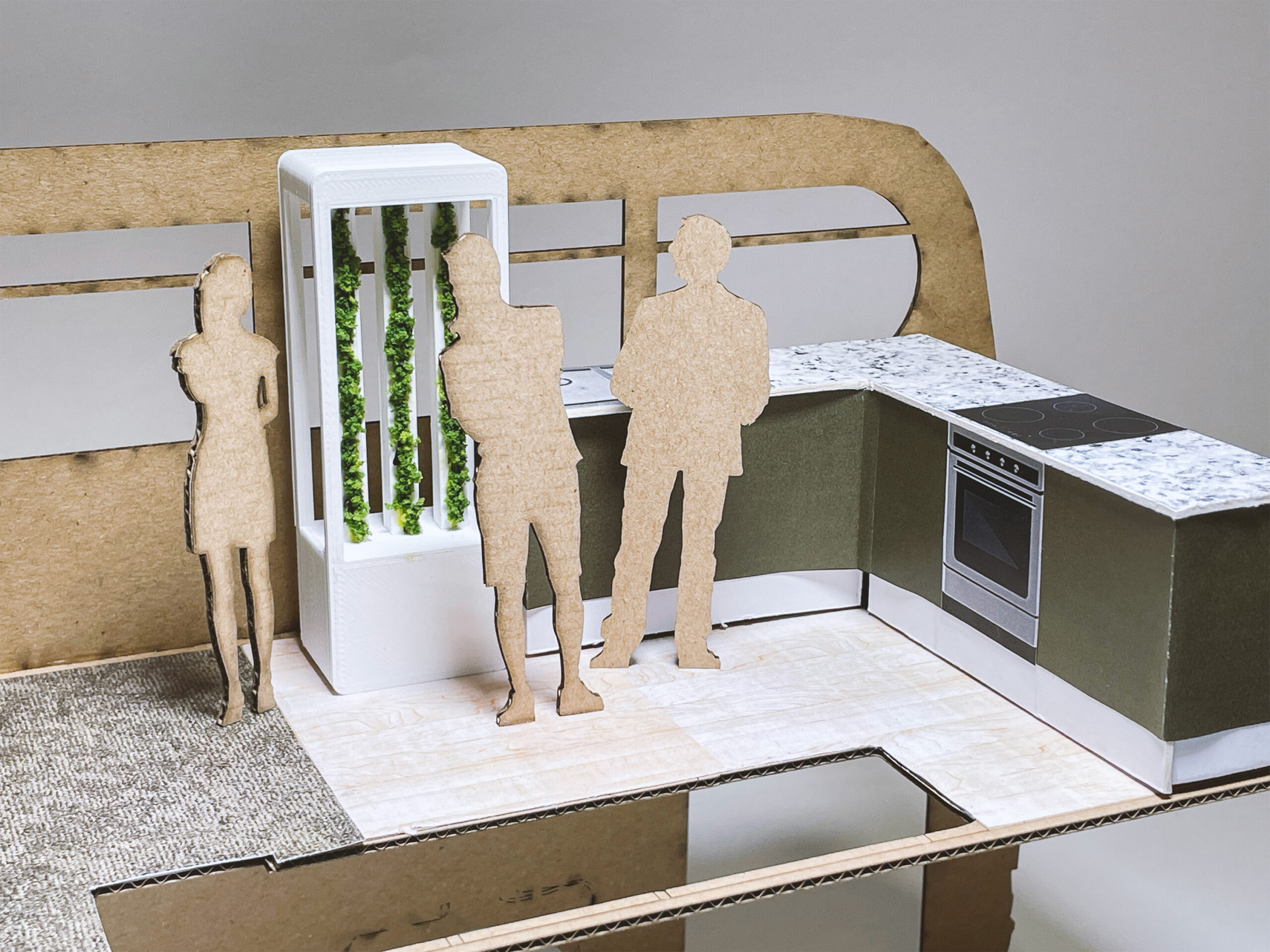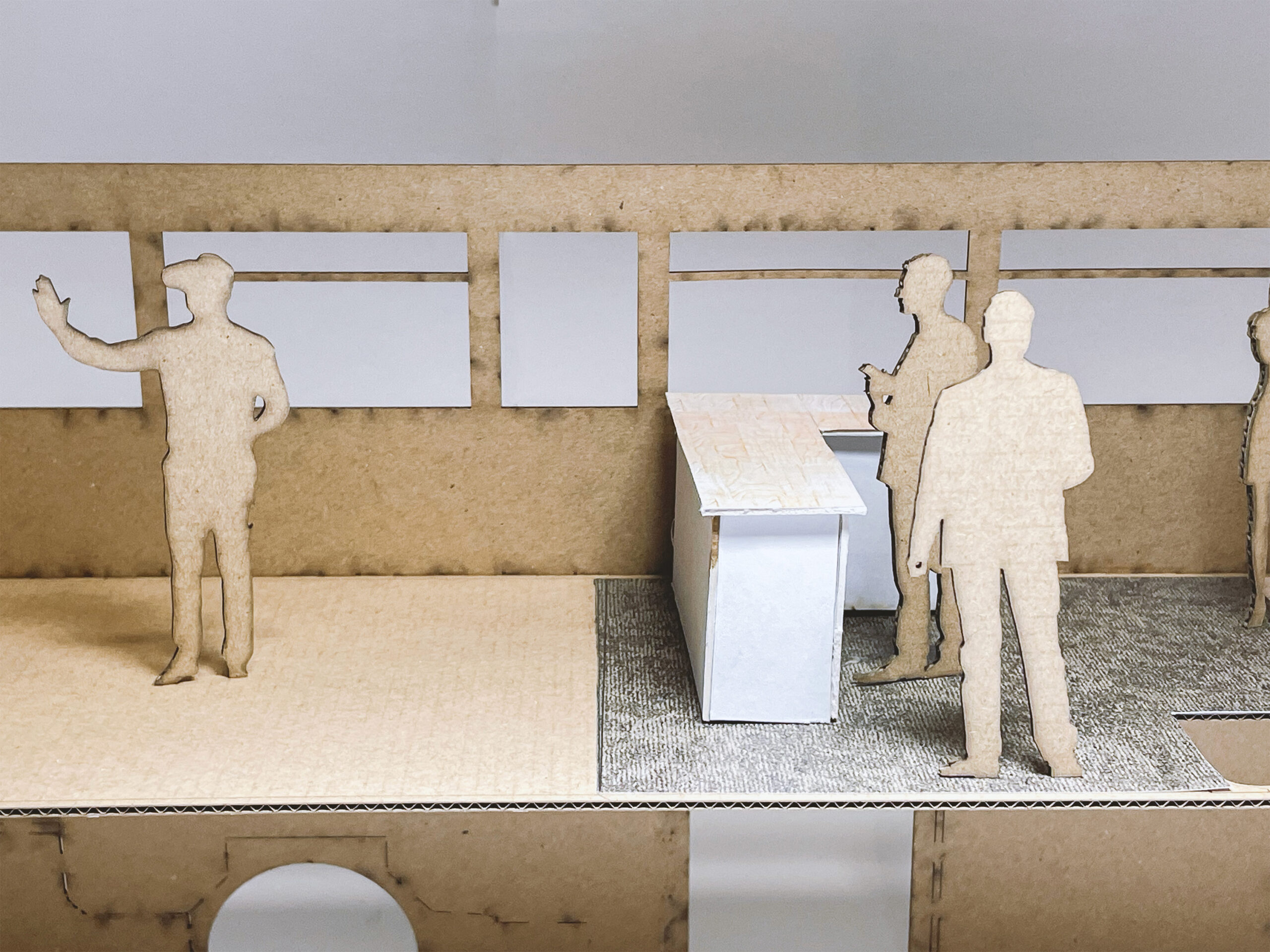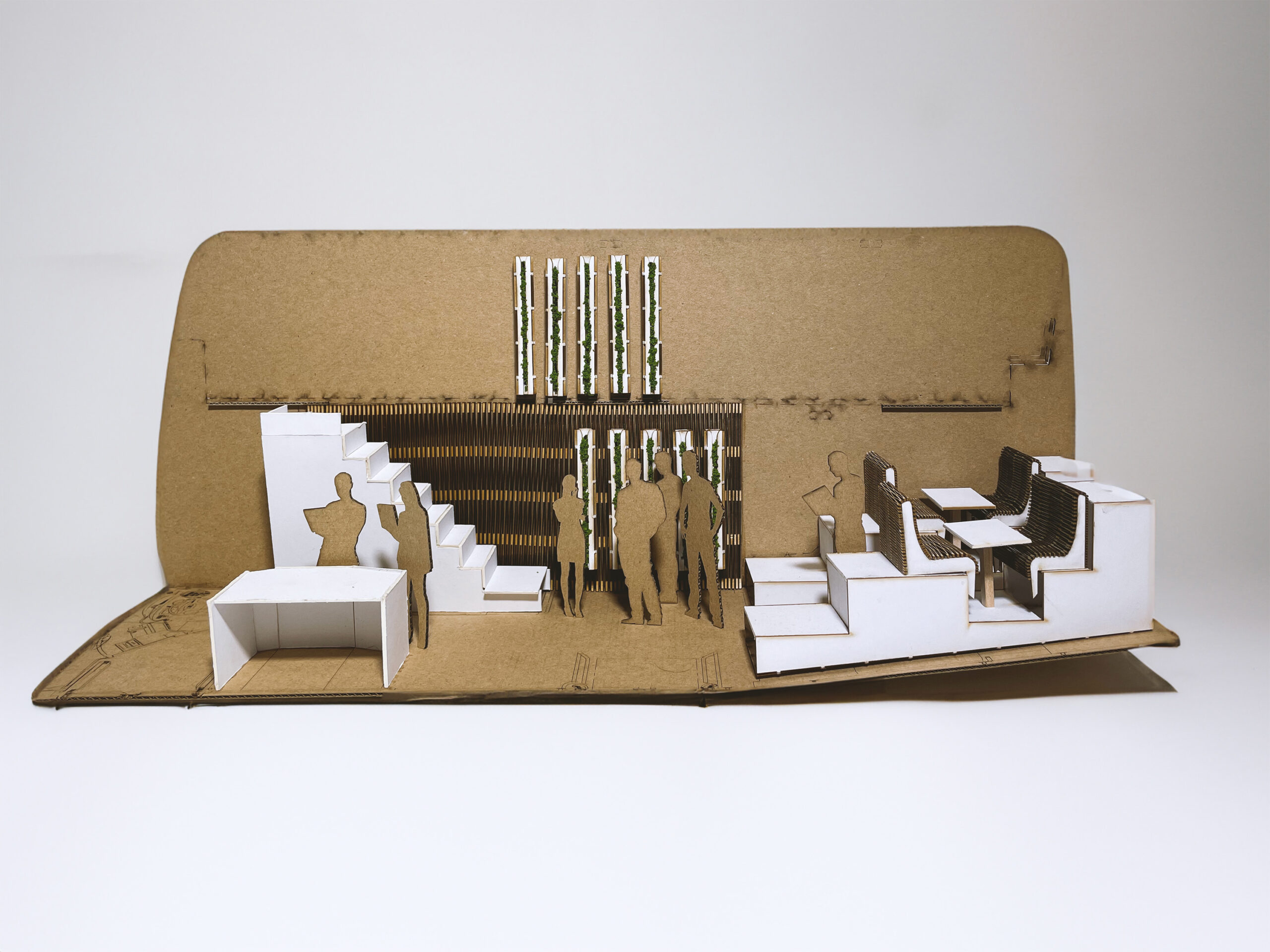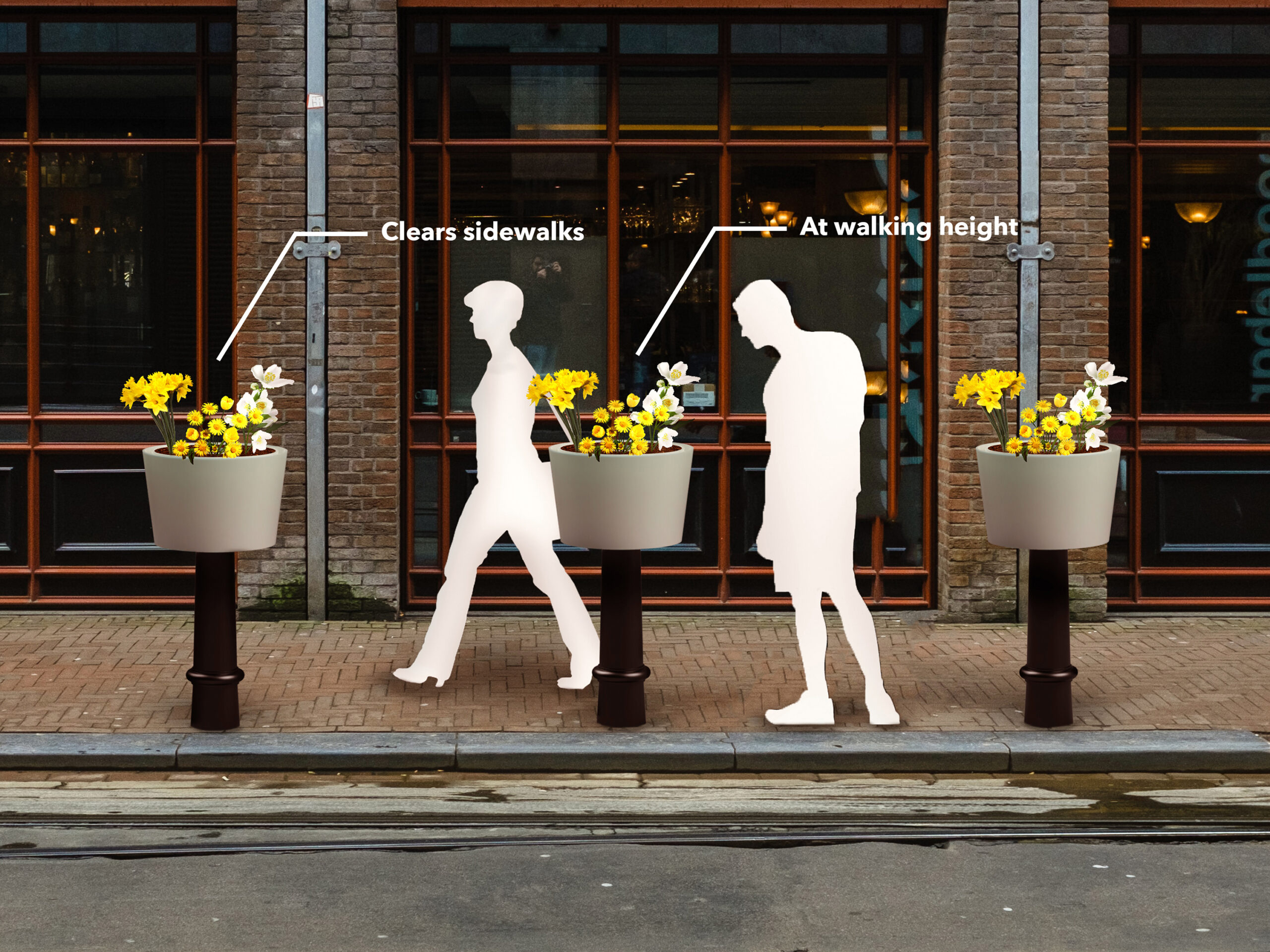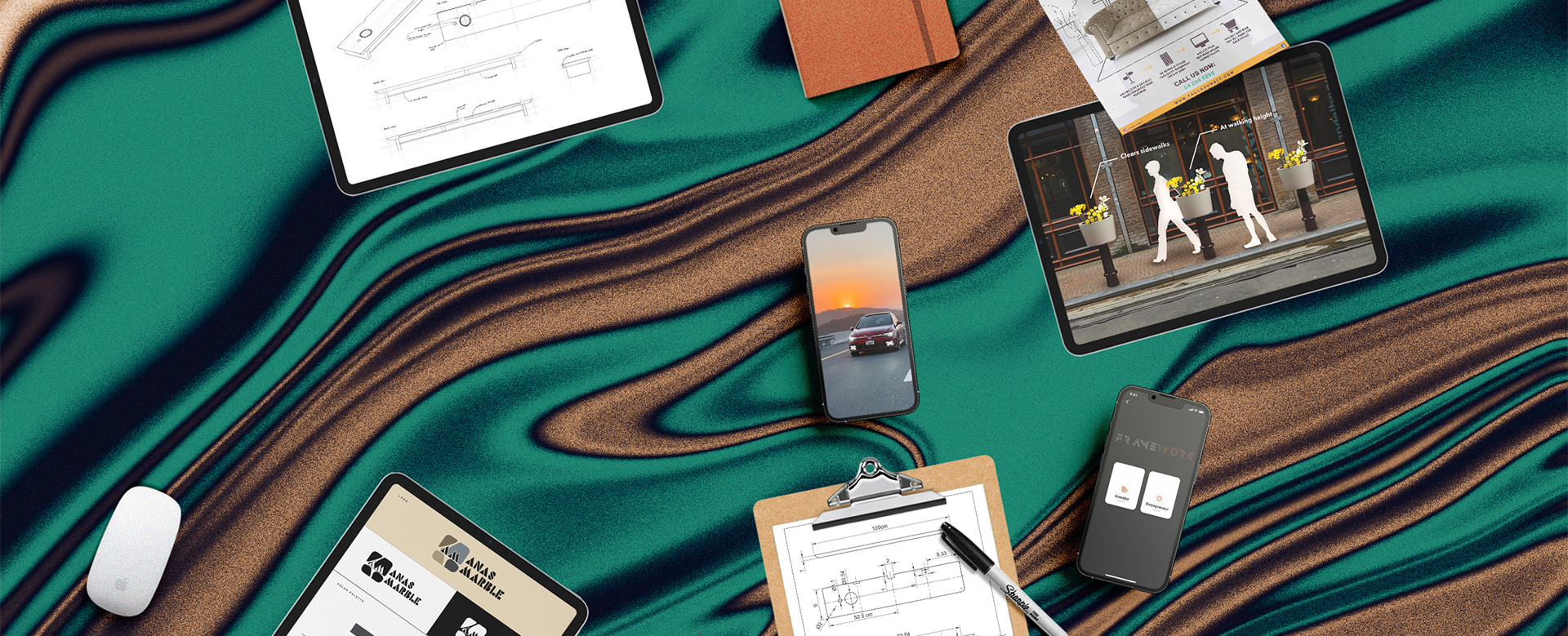
Date
May 11, 2023
Category
Product DesignAbout This Project
Background:
As a cohort, we were introduced to a module titled Iterate and Adapt in order to comprehend a methodological practise that will become fundamental to our designer practises. If we were to learn and comprehend the iterative looping of the “observe, orient, decide, act” formula for strategic design development, we would be able to develop our own design concepts competently.
To put this theory to the test, our site was a London bus, and the objective was to reimagine the bus. With prior knowledge from a previous unit, I began to formulate my design concept.
Research:
My research focused on:
1.Research on greenhouse solutions.
2.Research on produce growth methods.
3.Knowing the technical components of hydroponics.
4.Research into vertical farming.
5.Finding energy sources for systems onboard the bus.
6.Having knowledge of solar and PV systems and conversing with industry experts.
7.Environmental and materials science research.
8.Research and understanding IKEA floor plan design.
9.Investigation of laser cut prototype models..
Solution & development:
During the first segment of the project, extensive research was conducted to determine which concepts were feasible for further development.
I was concentrating on organic produce and greenhouses, utilising knowledge from the previous module. The initial concept I had was to create a mobile greenhouse by converting a bus into a greenhouse that would provide to communities with limited access to fresh produce.
To implement this concept, I needed to understand technical terms and methods of growth in order to cultivate produce in a confined space.
I researched hydroponics and determined that it was the most viable and versatile option due to its ability to save space and resources while producing a high yield per unit area. This was made feasible by the vertical farming method.
I had to determine the most efficient energy source to power the equipment. Solar PV Systems proved to be the best choice, as they would not produce CO2 emissions and would enable the bus’s equipment to run on clean energy.
A visit to Faversham Coachworks enabled me to observe the Google bus in operation. The Google bus was entirely powered by solar energy. A technician walked me through the technical components of the solar system on the bus so I could comprehend how it operates.
However, the concept of the mobile greenhouse had several flaws. Due to its small size, it would not be a reliable source of produce for a small town, nor would it have a significant impact.
This permitted my concept to morph into “The Future of Food” The idea was for the bus to function as a hub under the topic of the future of food. Numerous innovators, such as ZipGrowTM, have revolutionised the agri-tech industry, allowing not only large farms but also regular households to benefit from home solutions. The bus would be a location for individuals to connect and purchase these solutions.
I had intended to divide the bus into three separate sections (home, office, and farm) to enhance the user experience. Using the technique IKEA employs to immerse consumers by enabling them to visualise their products in their own homes, I intended to do the same.
To finalise the concept, I used the bus plans and converted them to laser-cutting files using Adobe Illustrator. I was then able to construct a 1:20 scale laser cut model that was both accurate and expressive. The bus had a clamshell design that allowed for a better view of the interior while being assembled with slots.
The final design concept is a bus that serves as the future’s central food distribution centre. Permitting individuals to view, learn, and purchase solutions for cultivating produce on a large or small scale. All while being powered sustainably by solar systems.
TAkeaway:
I had learned how to create project proposals by conducting extensive investigation and conducting critical analysis.
I had acquired a variety of spatial and material prototyping skills.
It was fascinating to learn how solar PV systems function.
Interviewing industry professionals from diverse backgrounds gave me insight and enhanced my comprehension of technical terms.
I also learned that no knowledge is wasted and can be applied to one endeavour or another to improve outcomes.

